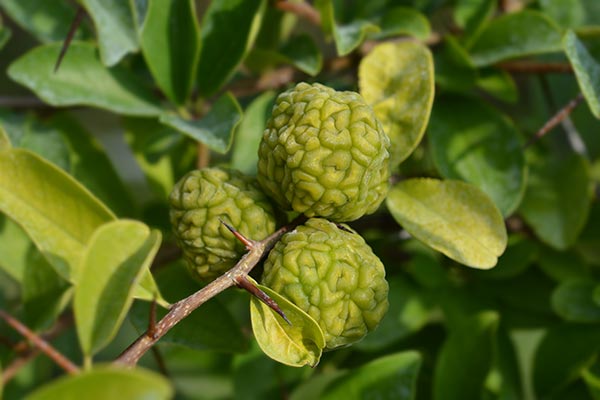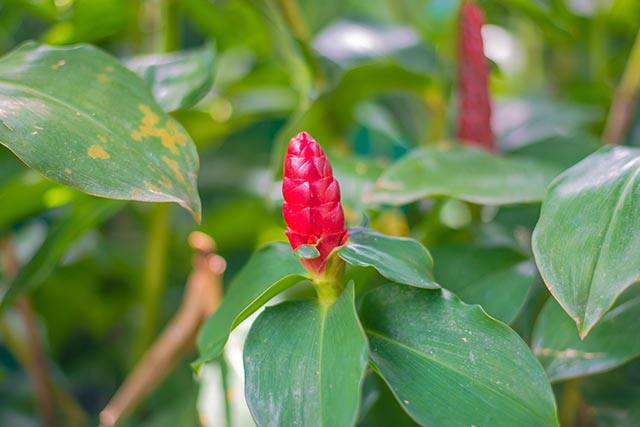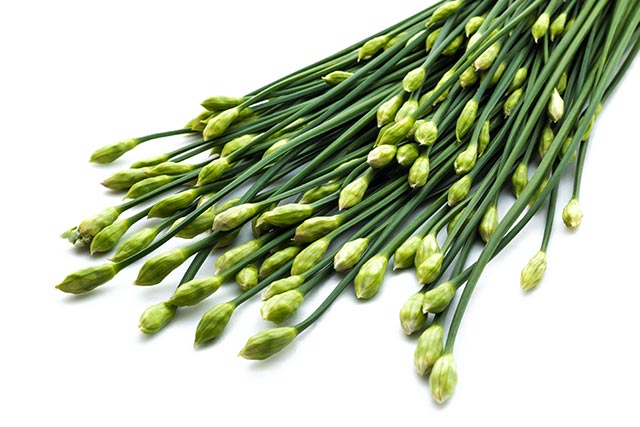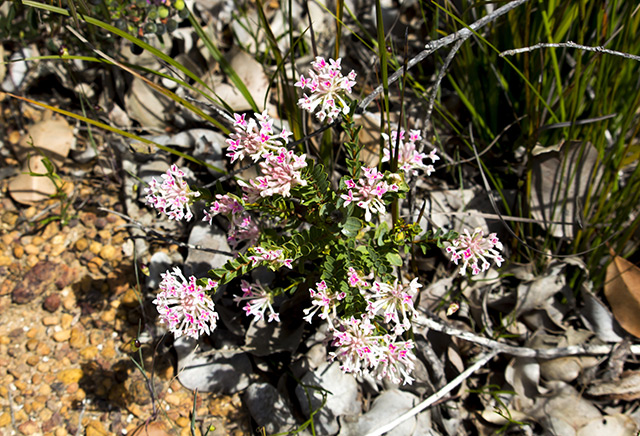Research reveals that sandalwood heals breast cancer cells at the deepest level
02/26/2019 / By Ellaine Castillo

A groundbreaking study has shown that sandalwood can damage the DNA of breast cancer cells, which can ultimately lead to their death. The research, a collaboration between the University of Texas at San Antonio and Ponce Health Sciences University School of Medicine, was the first to identify the molecular pathway involved in the toxicity of sandalwood on the genetic material of cancer cells.
For centuries, sandalwood has been used for its anti-inflammatory, expectorant, aphrodisiac, and memory-boosting properties. One of the compounds responsible for these effects is alpha-santalol, a sesquiterpene and terpenoid also found in black pepper and clove and used for medicinal applications.
In this study, which was published in the journal Evidence-Based Complementary and Alternative Medicine, the researchers looked at the in vitro effects of sandalwood on breast cancer cells. They tested it specifically against MCF-7 breast cancer cells and non-tumor producing breast epithelial cells (MCF-10A). These cell lines were treated with high-purity sandalwood essential oil for 24 hours.
The results of the study showed that sandalwood induced DNA damage in breast cancer cells. They were able to identify candidate proteins that are potentially involved in causing single- and double-strand breaks in the DNA. These were Ku70, Ku80, EPHX1, and 14-3-3. Additionally, this study showed that the toxic effects of sandalwood are selective against cancer cells since healthy cells were left unharmed.
This study was the first to report on the ability of sandalwood to inflict damage on breast cancer cell DNA. However, this mechanism has already been observed in cancer cells of a different type. In a 2014 study from the University of Oklahoma, researchers compared the effects of sandalwood and frankincense oils against human bladder cancer cells. They found that both oils were effective against cancer but they worked in different mechanisms. Frankincense essential oil triggered cell death via oxidative stress while sandalwood caused non-selective cell death by causing DNA damage.
From these results, the researchers concluded that sandalwood has potential use as a natural remedy for breast cancer. This is due to its ability to induce selective DNA damage and death in breast cancer cells.
More studies on the effects of sandalwood against breast cancer
Sandalwood works against breast cancer in many other ways. One of these is by inducing programmed cell death, which shrinks tumors and prevents them from growing. This was observed in a 2015 study from Wilkes University where alpha-santalol from sandalwood down-regulated survivin, a substance that helps cancer cells survive.
Sandalwood also has potent antioxidant properties. This is the reason why it is widely used to prevent skin aging. But these properties, have also been proven beneficial against skin cancer in a report form 1997. Additionally, sandalwood has potent-inflammatory properties due to its alpha-santalol content. These are great for reducing chronic inflammation that can lead to cancer.
Other uses for sandalwood
Some of the health benefits that you can enjoy from sandalwood include the following.
- Maintaining blood pressure — Sandalwood contains compounds that can help lower blood pressure. To enjoy this benefit, just add a few drops of the oil to your milk and drink up.
- Relieving stress and anxiety — If you’re feeling stressed or anxious, you can use sandalwood essential oil as a natural sedative. The calming effect of this oil is also beneficial for those who find it hard to sleep.
- Promoting wound healing — Sandalwood has potent antimicrobial properties, which is why it is also an effective antiseptic agent. Use this to speed up the healing of your wounds and to prevent them from getting infected. You can also ingest this essential oil with milk to prevent ulcers and other internal infections.
Sources include:
Tagged Under: alternative medicine, anticancer, breast cancer, DNA damage, natural cures, natural medicine, Sandalwood, women's health
RECENT NEWS & ARTICLES
Herbs.News is a fact-based public education website published by Herbs News Features, LLC.
All content copyright © 2018 by Herbs News Features, LLC.
Contact Us with Tips or Corrections
All trademarks, registered trademarks and servicemarks mentioned on this site are the property of their respective owners.




















